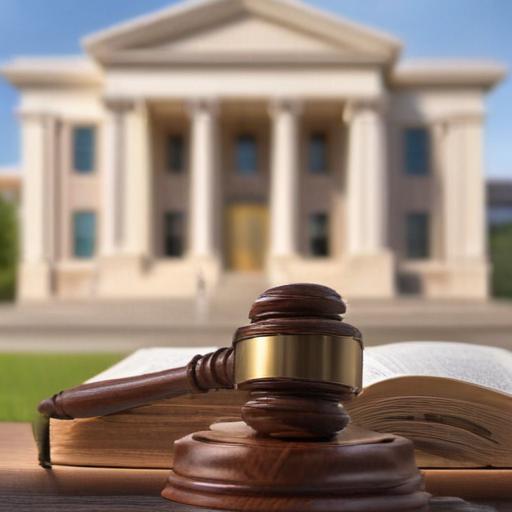Legal experts and Democratic leaders have raised significant concerns following statements from officials within the Trump administration suggesting they might consider suspending habeas corpus without Congressional approval. This fundamental right allows anyone detained in the United States to contest their detention in court and to challenge the evidence against them.
During a recent press event, White House Deputy Chief of Staff Stephen Miller proposed that the administration was actively considering such a step. He trivialized the importance of habeas corpus by stating it was an option “we’re actively looking at,” which prompted a backlash from legal scholars. Georgetown Law professor Steve Vladeck condemned the remark as not only legally misguided but alarming, labeling it a “remarkable” threat to the integrity of federal courts.
Legal scholars emphasized that historical precedence and constitutional law consistently affirm that only Congress has the authority to suspend the writ of habeas corpus, especially under Article 1 of the Constitution. This article stipulates that suspension can happen only in instances of rebellion or invasion affecting public safety.
The issue took on heightened urgency as President Trump was reportedly involved in discussions surrounding the potential suspension, hinting at historical instances where past presidents had taken similar actions, including Abraham Lincoln during the Civil War. Recent court decisions have reaffirmed the rights of detained individuals, including migrants, to present their cases before a judge. These rulings, however, have been met with criticism from the Trump administration, which has labeled the judges involved as “Marxist” and suggested their actions amounted to a form of judicial coup.
Experts on constitutional law, like Ilya Somin from George Mason University, have reiterated that the unilateral suspension of habeas corpus is constitutionally untenable and can only be legislated by Congress. Supreme Court Justices, including the late Antonin Scalia, have previously supported a similar interpretation, insisting that executive authority does not extend to detaining individuals without charges.
In recent remarks, legal ethics expert Stephen Gillers noted that attempts to restrict habeas corpus, particularly concerning immigrants, signify a broader strategy to reduce checks and balances and enhance executive power.
This unfolding dialogue presents a critical moment in U.S. legal history, as safeguarding individual liberties remains essential. The pushback from legal experts and political leaders displays a concerted effort to maintain the principles upon which American democracy is built, reinforcing the notion that the protection of rights must prevail against attempts to curtail them.
